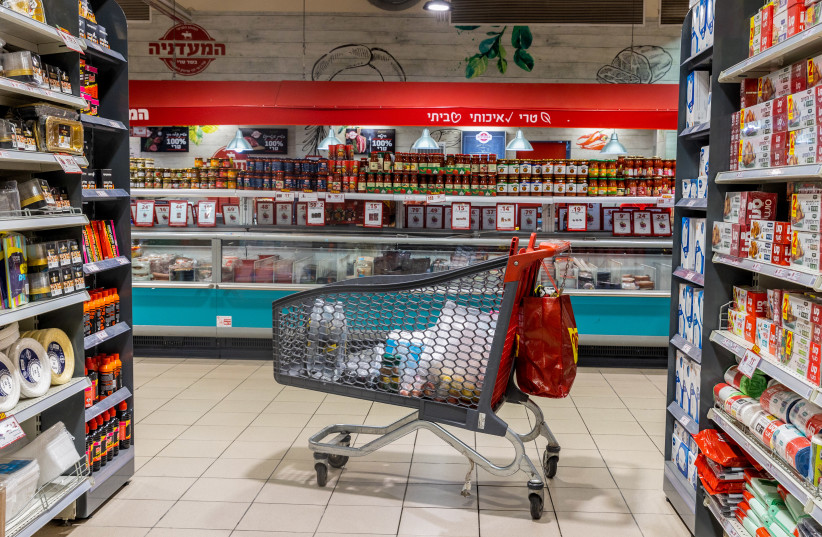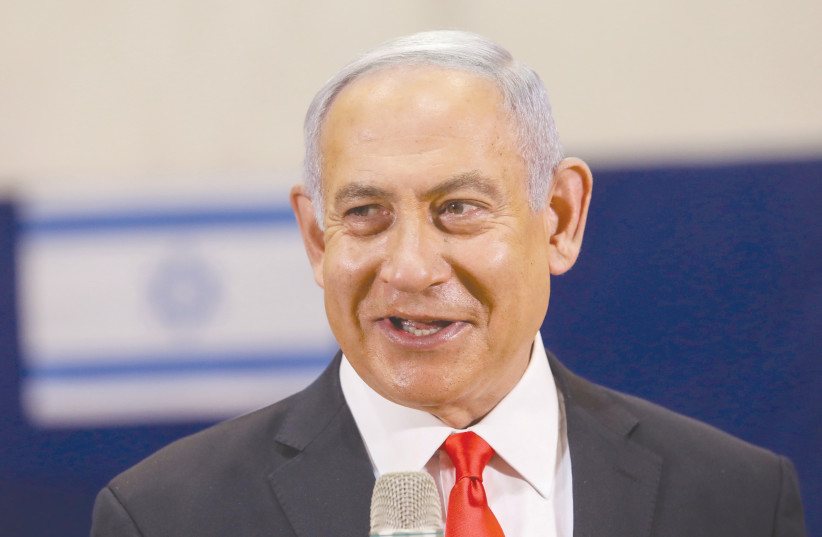Economic issues, mainly the high cost of living, are the No. 1 priority for Israeli voters during this election, according to an Israeli Voice Index published on Tuesday.
The monthly index found that 44% of Israeli voters consider the Knesset factions’ economic plans as the most important factor in their decision on which party to vote for in the November election.
The second-most important factor is the identity of their party’s leader, with 24% claiming it to be a crucial factor in their voting decision. This was arguably the most influential factor in all the elections since Israel’s political crisis began, which revolves around the future of Likud head Benjamin Netanyahu’s legal proceedings.
Nevertheless, more than a quarter of Israelis (27%) agreed that any government formed following the election will not be able to properly address the high cost of living.
Twenty-one percent argued that a broad unity government between Left, Center and Right factions would do the best job of addressing the cost of living, while the same percentage of Israelis said a Netanyahu-led government is the best option for solving Israel’s economic issues.

Some of the less pressing matters in Israel include religion and state (14%), foreign policy and security (11%), and climate crisis, which only 2% said is the most important item.
This order of voting considerations remained the same in both Jewish and Arab samples, IDI said, as well as among respondents who identified as on the Left, Center and Right.
The leader or the list?
IDI’s July index also asked respondents if their vote for a certain party is influenced more by its leader or by its list of candidates for the Knesset.
Most respondents (39%) argued that the faction leader is either the sole or main factor that is taken into consideration by voters, while 36% said the leader and the list are equally important to their voting choices.
Only 13% said the list of candidates the party is planning to send to the Israeli parliament is the most important factor in their vote.
Israelis' voting intentions
Around half of Israeli voters claimed they will vote for the same party they voted for in the March 2021 election. Voters of opposition factions are much more likely to vote the same, the poll found, with the highest percentages of returning voters recorded for United Torah Judaism (82%), Likud (76%), Shas (71%) and Religious Zionists (67%).

Within the current coalition, voters were found to be much more fluid, with the only parties set to retain a majority of their voters being Prime Minister Yair Lapid’s Yesh Atid (72%) and Meretz (52%).
Half of Finance Minister Avigdor Liberman’s Yisrael Beytenu voters said they will vote for Liberman again, while only 37% of Labor voters and 33% of Blue and White and New Hope voters said they will stick to their former vote.
Within the Arab sector, a worrying 21% said they do not plan to vote in November, compared to a mere 2% of Jewish Israeli voters who said the same.
The poll was conducted by the Israel Democracy Institute’s (IDI) Viterbi Family Center for Public Opinion and Policy.
